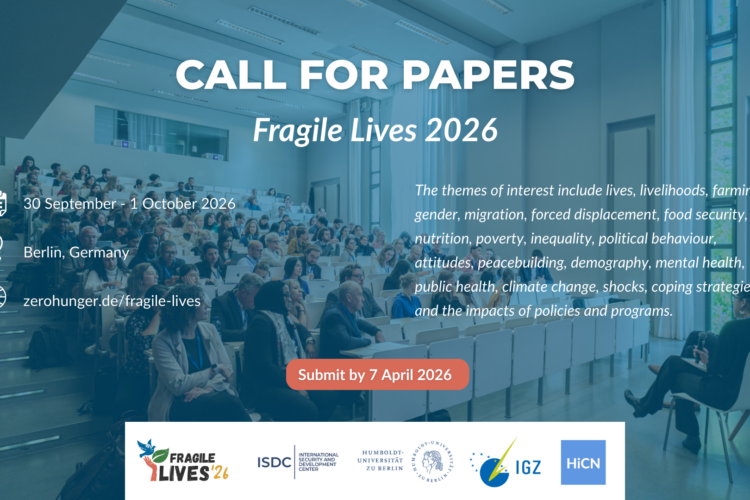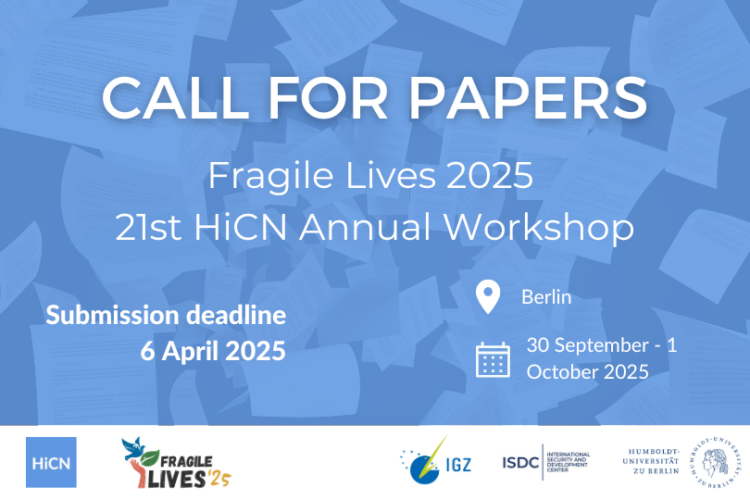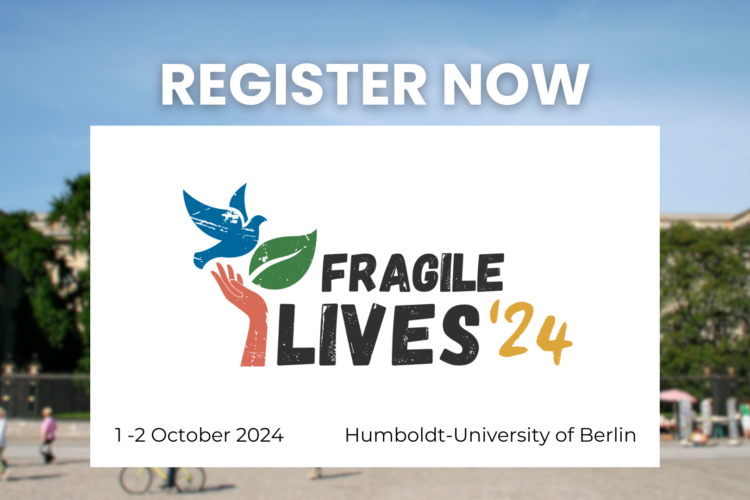
Working Papers
Read from a series of more than 400 working papers
Armed conflict exposure and violent discipline of children at home: Panel evidence from Ethiopia
Workineh Ayenew, Andreas Kotsadam, Charlotte Ringdal, Espen Villanger
Armed conflict has far-reaching effects on household well-being, including increased risk of violence. We examine whether changes in local armed conflict exposure are associated with […]
A nation on the edge: Nigerians’ views on kidnapping
Although much research has examined armed banditry and kidnapping in Nigeria, they focus primarily on the causes of these forms of insecurity and often rely […]
Unraveling Food Security, Drought and Conflict Exposure of Somali Households
Astrid Sneyers
This paper aims at disentangling the mutual link between conflict, drought and food security in Somalia. The analysis is conducted using various indicators for food […]
Horticulture Helps: How Home Garden Interventions Alleviate Food Insecurity in Polycrises
Dorothee Weiffen, Ghassan Baliki, Tilman Brück, Mariami Marsagishvili
Natural disasters, violent conflict and other adverse shocks severely disrupt food systems, causing or exacerbating food insecurity among many communities worldwide. This study examines the […]
Neil Ferguson, Tatiana Orozco García
An increasing proportion of the world’s poor live in fragile states, and efforts to build economic and social stability increasingly focus on those settings. Fragility […]
Srinivas Goli, Nandeen Bhattacharyya, Shalem Balla, Harchand Ram
This study analyses the adverse impact of different types of conflicts on child mortality and its mechanisms across a large group of countries. Our analysis […]

